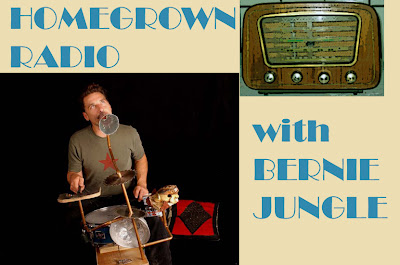Electricity Explained
The current needs the cord. Nothing works
or is broken until you plug it in.
Then you know.
Lights, heat...
Perfume smells prettier on pigs, like violinists
in a cornfield. We’re only human.
We work, we’re broke, our ballads
unravel...
like balled-up twang. It’s what
cats love about us, why we love Vivaldi,
Bondage and fishnets are sexy. High
tension...
wires, underground cables, roads, we’re all
of us all tied up. Together. Tugged and taut,
teeth chattering, we vibrate, dream
a sack of rattlesnakes...
wonder why
we wake up
craving popcorn.
L.E. Leone
© 2010















